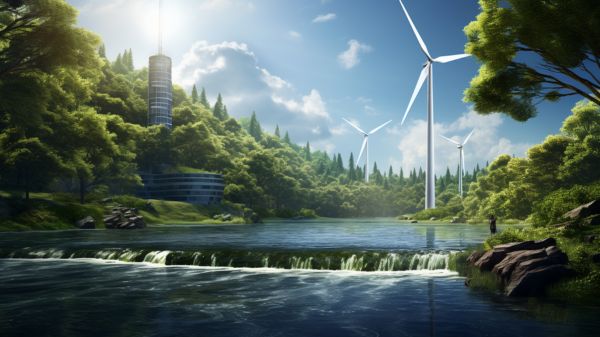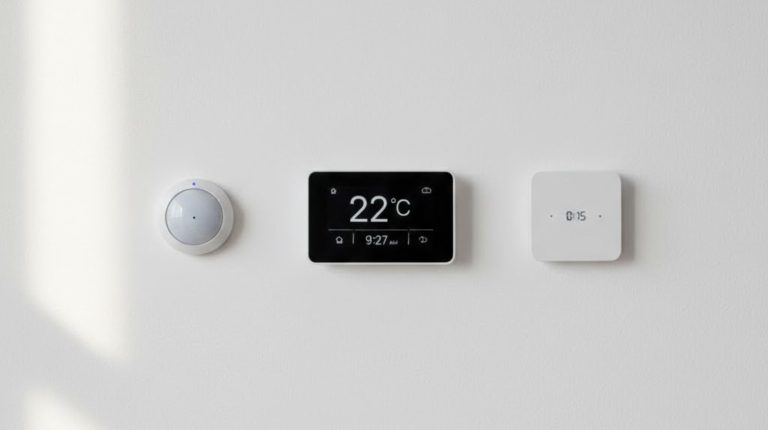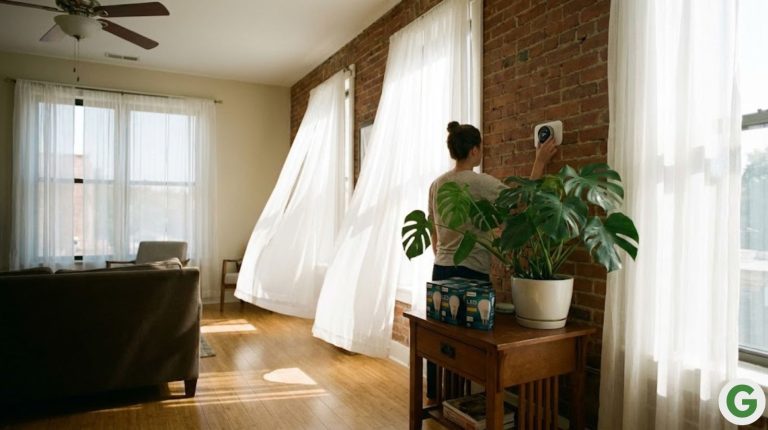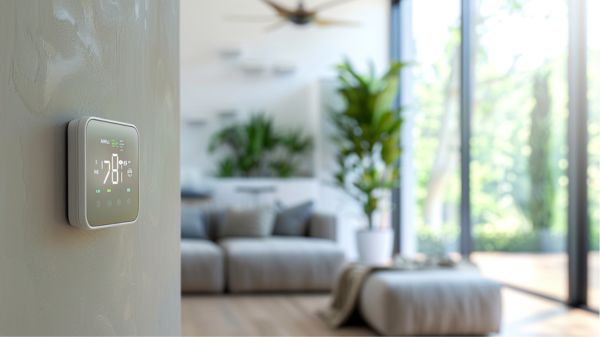Did you know that by conserving water, you can also save energy? It may seem surprising, but the connection between water and energy consumption is undeniable.
By implementing water conservation measures, such as fixing leaks and using efficient appliances, you can significantly reduce your energy usage. Not only will this help you save on utility bills, but it also contributes to a more sustainable energy future.
Discover the surprising key to energy savings through water conservation.
The Link Between Water and Energy
Did you know that conserving water can actually save you energy too? It’s not just about reducing your water bill, but also about making a positive impact on the environment.
The link between water and energy is often overlooked, but it’s an important connection that we need to understand. When we conserve water, we also conserve the energy that’s used to treat, transport, and heat that water. This has significant implications for water scarcity, as the less water we use, the less energy we need to produce and distribute it.
In addition to the water scarcity implications, there are also environmental benefits to conserving water. By using less water, we can reduce the energy needed to pump and treat water, which in turn reduces greenhouse gas emissions and helps fight climate change.
How Water Conservation Reduces Energy Consumption
Save energy by conserving water in your everyday activities. Water conservation not only helps to preserve our precious water resources but also has a significant impact on reducing energy consumption.
Here’s how water conservation can help save energy:
- Water saving appliances: Upgrading to water-efficient appliances such as low-flow showerheads, faucets, and toilets can reduce water usage and subsequently lower energy consumption required for heating and pumping water.
- Reduced water treatment and distribution: By conserving water, less water needs to be treated and distributed, which requires a significant amount of energy. Conserving water means reducing the energy needed for pumping, filtration, and chemical treatment processes.
- Decreased reliance on water-intensive energy sources: Water conservation can help reduce the demand for energy-intensive processes like hydropower generation and thermoelectric power plants, which require large amounts of water for cooling.
- Increased renewable energy utilization: By conserving water, we can reduce the need for water-intensive energy sources and shift towards cleaner, renewable energy alternatives like solar and wind power.
Water Efficiency Strategies for Energy Savings
To maximize energy savings, incorporate water efficiency strategies into your daily routine.
One effective strategy is to invest in water efficient appliances. These appliances are designed to use less water while still maintaining their functionality. For example, high-efficiency washing machines can reduce water usage by up to 50% compared to traditional models. By using these appliances, you not only conserve water but also save energy, as less water needs to be heated and transported.
Another water efficiency strategy is rainwater harvesting. This involves collecting rainwater from rooftops or other surfaces and storing it for later use, such as watering plants or flushing toilets. By utilizing rainwater, you reduce the demand for treated water, which requires energy for treatment and distribution.
Implementing these water efficiency strategies in your daily life can lead to significant energy savings while contributing to a more sustainable future.
Impact of Water Conservation on Utility Bills
By incorporating water efficiency strategies into your daily routine, you can not only save energy but also have a significant impact on your utility bills. Here’s how water conservation can lead to financial benefits:
- Reduced water consumption: By using water-saving appliances and fixtures, such as low-flow showerheads and toilets, you can significantly decrease your water usage. This directly translates to lower water bills.
- Energy savings: Water treatment and distribution require a significant amount of energy. By conserving water, you reduce the energy needed to treat and transport water, leading to lower utility bills.
- Reduced wastewater costs: Conserving water also means generating less wastewater. This can result in lower costs for wastewater treatment and disposal.
- Rebates and incentives: Many utility companies offer rebates and incentives for customers who invest in water-saving appliances and fixtures. Take advantage of these programs to further reduce your utility bills.
Water Conservation Measures for Sustainable Energy
Incorporating water conservation measures into your daily routine can contribute to sustainable energy practices. By implementing water saving technologies, you not only conserve this precious resource but also indirectly save energy.
Water treatment and distribution require a significant amount of energy, so reducing water usage helps to alleviate the energy demand associated with these processes. Additionally, water conservation measures such as efficient irrigation systems and low-flow fixtures can decrease the need for pumping and heating water, further reducing energy consumption.
The benefits of water conservation extend beyond energy savings, as it also helps to mitigate water scarcity, protect ecosystems, and preserve water quality. By adopting simple yet effective water-saving practices, you can play an active role in promoting sustainable energy practices and contribute to a more sustainable future.
Conclusion
In conclusion, water conservation isn’t only crucial for preserving this precious resource but also for saving energy.
By adopting water efficiency strategies, such as using low-flow fixtures and repairing leaks, households can reduce their energy consumption significantly. In fact, a study found that by implementing these measures, households can save up to 30% on their energy bills.
Emphasizing the importance of water conservation not only benefits the environment but also contributes to cost savings and sustainable energy practices.




